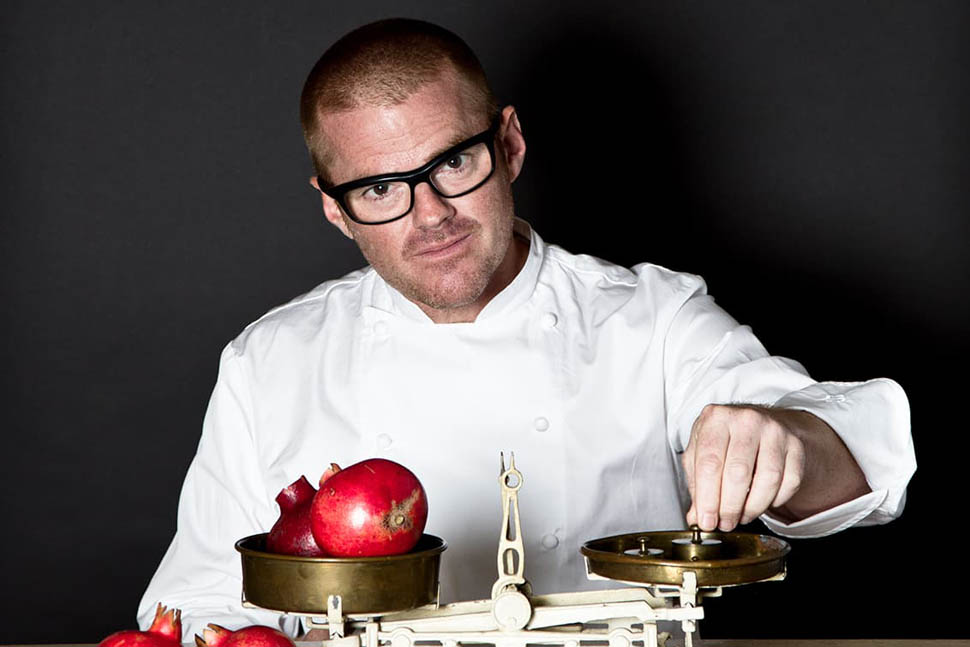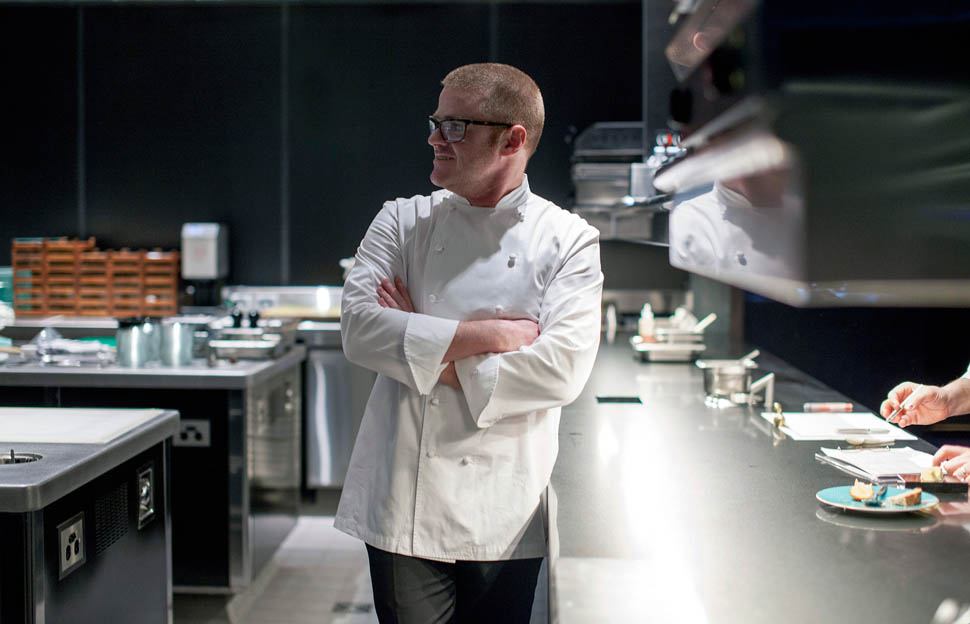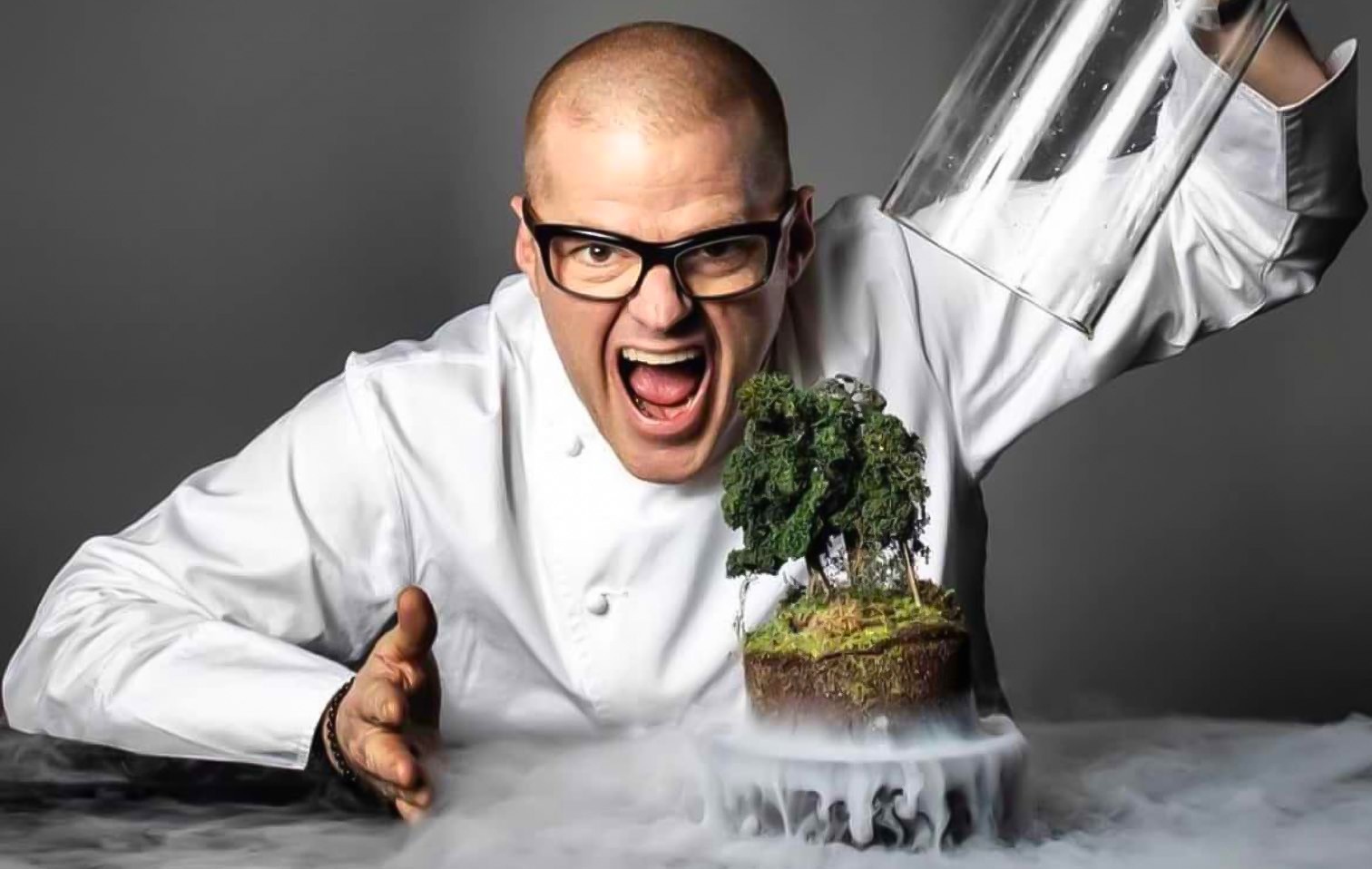The topic of mental health in kitchens is gaining momentum. Now comes the testimony of Heston Blumenthal, who recounts his diagnoses of ADHD and bipolar disorder, calling for a cultural revolution that archives stigma. "The most artistic, innovative and exciting part of my work is due to the neurodivergence, which I describe as my super power."
Cover photo: @thehestonblumenthalteam
The news
The brains of chefs, it is known, are under constant stress, often resulting in burnout. So much so that there have been recurrent suicides within the category throughout history, from François Vatel to Bernard Loiseau, via Anthony Bourdain, Homaro Cantu and Benoît Violier, Franco Colombani and Luciano Zazzeri. In 2017, chef Daniel Pattersson gave a talk at Mad Copenhagen that as many as 95 percent of chefs suffer from some form of depression. And if the Roca brothers had already declared that they had included a psychologist in the team, so that she would take care of the mental well-being of the brigades, now comes the stance of another sacred monster of avant-garde cuisine, Heston Blumenthal, recounted in detail by Independent.

The British chef, now 57, had already been diagnosed in 2017 with ADHD, or attention deficit disorder, a condition he derubricated to "super power." Indeed, Blumenthal had taken the opportunity to lament how people in his condition were discriminated against in the workplace. He had cited research in this regard that 11 percent of respondents were reported to have been diagnosed with neurodivergence, and of these, 47 percent were reported to have experienced difficulties in the workplace, while 21 percent were even found to be unemployed.

"These are people who have extraordinary and incomparable abilities, yet because of the traditional way of working, we are missing out on the brilliance they could bring to British business," he had at the time stated. "I hope that talking openly about my mental health will raise awareness of the issue, and I want to fight to highlight the contribution that neurodivergence can make in the workplace. The most artistic, innovative and exciting part of my work is due to neurodivergence, which I describe as my superpower. The world needs to move beyond anachronistic and archaic superstitions about perceived difference to embrace the opportunities presented by these conditions."


Over time, however, a second diagnosis of bipolar disorder, a condition that involves dizzying highs and lows in mood and affects about 1 percent of the population, has arisen. So that the great British chef insists: recognizing that we are all mentally different can act as a driver for collective creativity.











